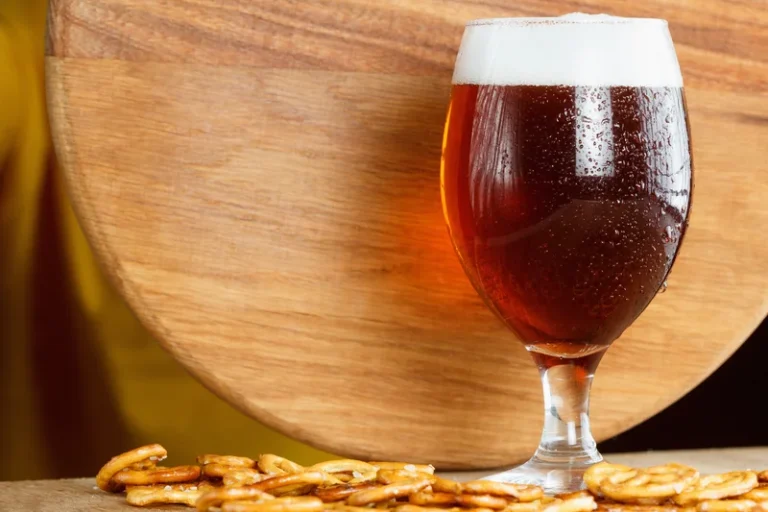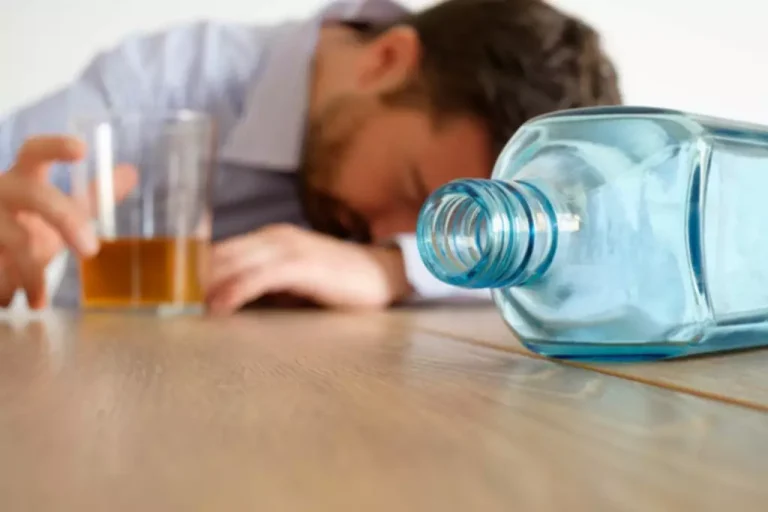
This happens because it interferes with the production of platelets (and other blood cells) in the bone marrow. This increased blood flow means more blood might escape the vessel if it ruptures. A graduate of Texas Tech University and the University of Cincinnati, Trent is fervently dedicated to providing evidence-based, compassionate care to those battling addiction. He emphasizes a holistic, patient-centered approach and stays updated on the latest in addiction research. Trent Carter, FNP-BC, CARN-AP, is a seasoned nurse practitioner with over a decade of experience in addiction medicine.
When Should I See a Doctor About Bruising After Drinking?

As liver functioning declines from chronic alcohol misuse, a person is likely to bleed and bruise easily. There are several causes of bruises after drinking; some of these causes are not particularly serious, whereas others could point to a health problem. Perhaps the most common cause of bruising from alcohol is that alcohol acts as a vasodilator, making blood vessels larger.
Alcoholic hepatitis
- Genetic, psychological, social and environmental factors can impact how drinking alcohol affects your body and behavior.
- Because of this, you may not even know that you’ve experienced liver damage due to alcohol.
- Especially if you have been drinking heavily for many years, coping with alcohol use disorder is not easy.
- When that happens, the person is seemingly functional and appears normal to other people.
Go to the ER right away if you get a bruise (sometimes called a “goose egg”) on your head and can’t remember what happened or think you’ve got a concussion. One study showed that the development of a yellow color was the most noticeable change in a bruise over time. The development of a yellow color happened much faster in people who are younger than 65 years old. This study also showed that yellow bruises were generally older than 18 hours. People with hemophilia don’t make much of several blood clotting factors, such as factor VIII and factor IX. These disorders are rare, but they can be life-threatening if you don’t treat them.

About Mayo Clinic
- Stopping alcohol abruptly after long-term heavy drinking can also lead to alcohol withdrawal syndrome, which commonly manifests as symptoms like nausea and vomiting.
- Blood thinners such as warfarin, heparin, and aspirin can cause you to bleed and get bruises more often.
- If you just want to cut back on your drinking or are sober curious, find ways to have fun and hang out with your friends that don’t include drinking.
- Alcohol-related neuropathy can go away if you stop consuming alcohol and follow your treatment plan.
- If the sensation is decreased enough, you may feel actual numbness after drinking alcohol.
- Mindful drinking offers that middle ground where you’ll proactively improve your drinking habits without any pressure to quit.
According to Scott Swartzwelder, Ph.D. (coauthor of Buzzed), consistent vasodilation caused by drinking alcohol leads to more blood flowing through your blood vessels. This can alcohol cause bruising condition occurs naturally in our bodies in response to various stimuli. However, excessive vasodilation caused by external factors, like drinking alcohol, can be problematic. Read on to learn how heavy drinking can make you more susceptible to bruising and how you can prevent this condition from worsening. And since the liver controls blood clotting, alcohol-related liver disease can cause increased bruising, as well. Heavy drinking for men is defined as consuming at least five drinks in a day or at least 15 drinks per week, while for women it means at least four drinks a day or at least eight per week.

How to Prevent Alcohol-induced Bruising?

Alcoholic face is a series of obvious facial changes from excessive alcohol use. A red face, puffiness, and changes in the look and feel of your skin are all physical signs of too much alcohol. Moderate drinking is defined as a single drink or less per day for women and 2 drinks or less per day for men. Binge drinking is defined as 4 or more drinks for women or 5 or more drinks for men on one occasion.
- If alcohol begins to interfere with daily functioning, but you have been unsuccessful with giving up drinking, seeking treatment can help you to stay committed to recovery.
- In some people, the initial reaction may feel like an increase in energy.
- Alcoholic face is a broad way to describe facial changes from excessive drinking.
- In compensated cirrhosis, the liver remains functioning, and many people have no symptoms.
- If you’re having nosebleeds for no reason, if your gums bleed a lot after you brush or floss, or if small cuts or scrapes seem to bleed heavily, call your doctor.
- Alcoholics may also have darker bruises due to the increased amount of blood in their body.

Many support systems and professional services are available in person or online to help you on your journey. Alcohol-related neuropathy is characterized by damage to the peripheral nerves, which transmit signals between the body, spinal cord, and brain. Alcoholism, now called alcohol use disorder (AUD), is a condition in which you have difficulty stopping or managing your alcohol intake despite experiencing negative consequences. Those who maintain that they can hold their liquor, meaning that they can drink larger amounts with fewer apparent effects, may drink in excess to feel intoxicated. A higher tolerance for alcohol does not mean the body is impervious to the effect of alcohol; it means that drinkers should be more cautious.
- He emphasizes a holistic, patient-centered approach and stays updated on the latest in addiction research.
- Our muscles need to receive a message from nearby nerves in order to function.
- I recently joined Ohio Community Health Recovery Centers as a Clinical Case Manager.
- It increases the risk of various types of cancer, as well as high blood pressure, heart disease, and stroke.
How to Get Rid of a Bruise
Since nutritional deficiencies are partly to blame for alcoholic neuropathy. To combat these deficiencies, supplementation with vitamin B12, folate, vitamin E, and thiamine may be recommended. Heidi Moawad is a neurologist and expert in the field of brain health and neurological disorders. Most people will not experience symptoms in the early stages of ALD. Some may experience mild pain in the upper right side of the abdomen.